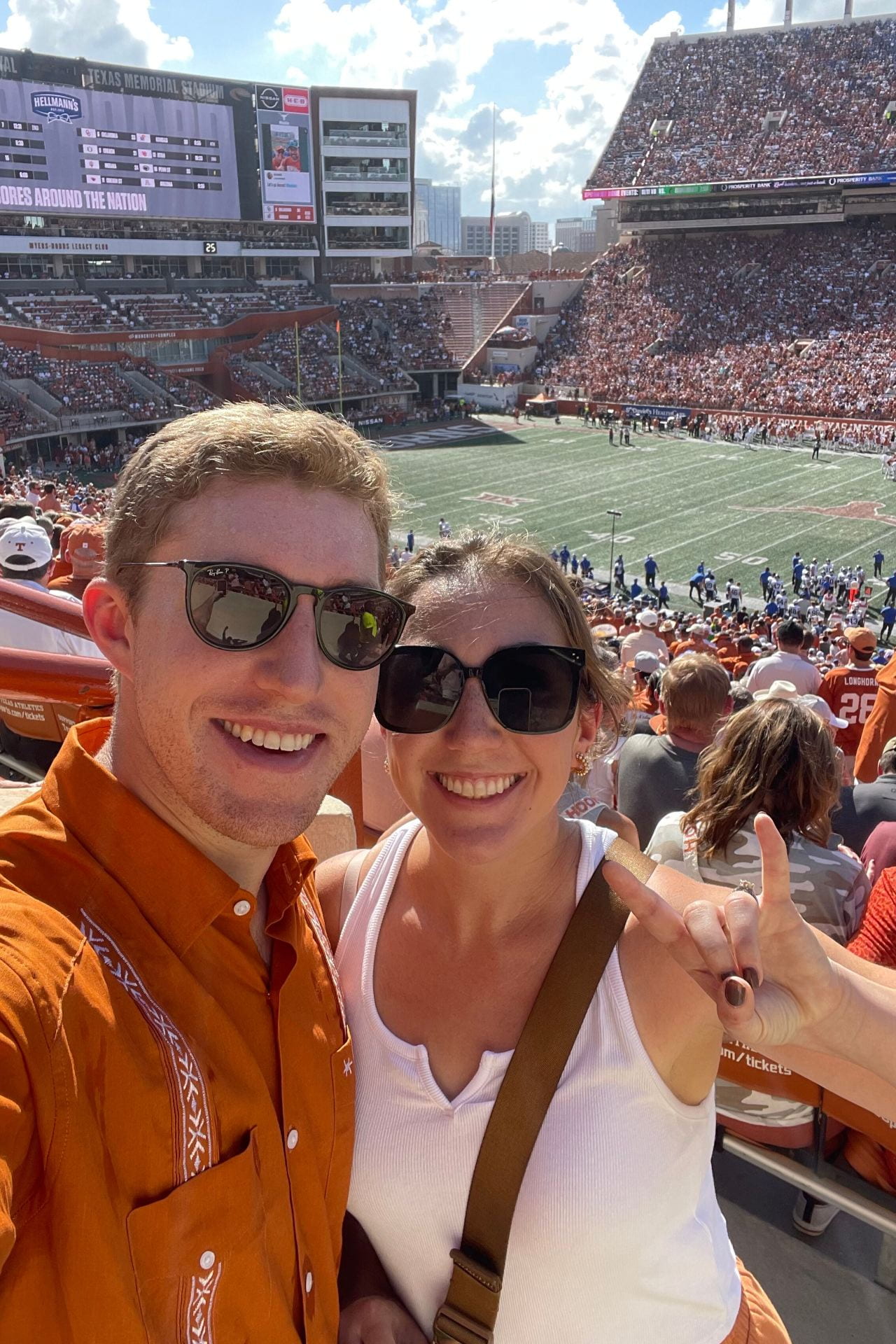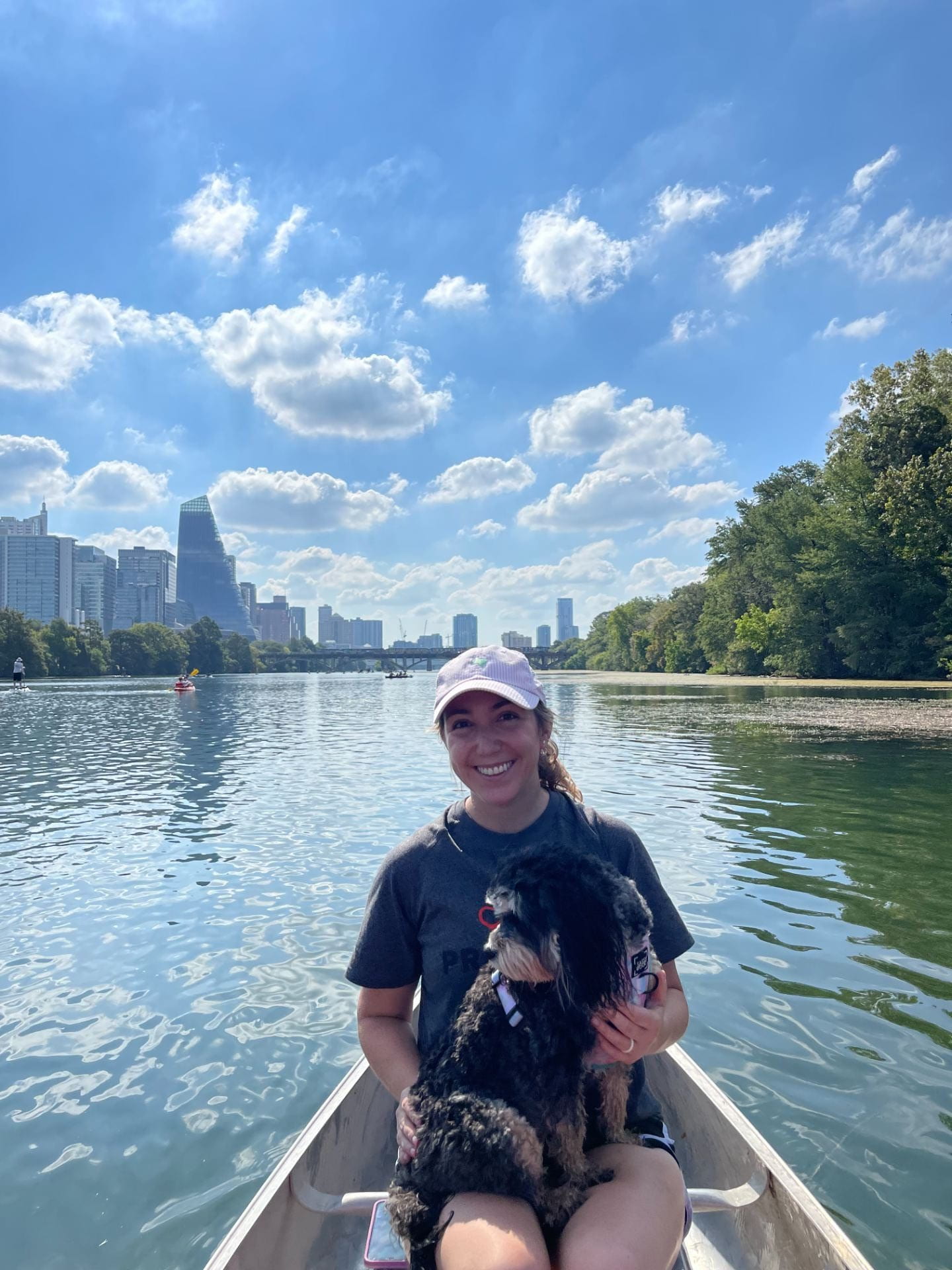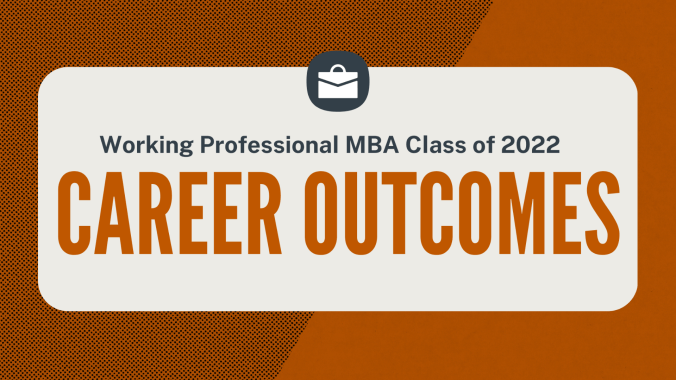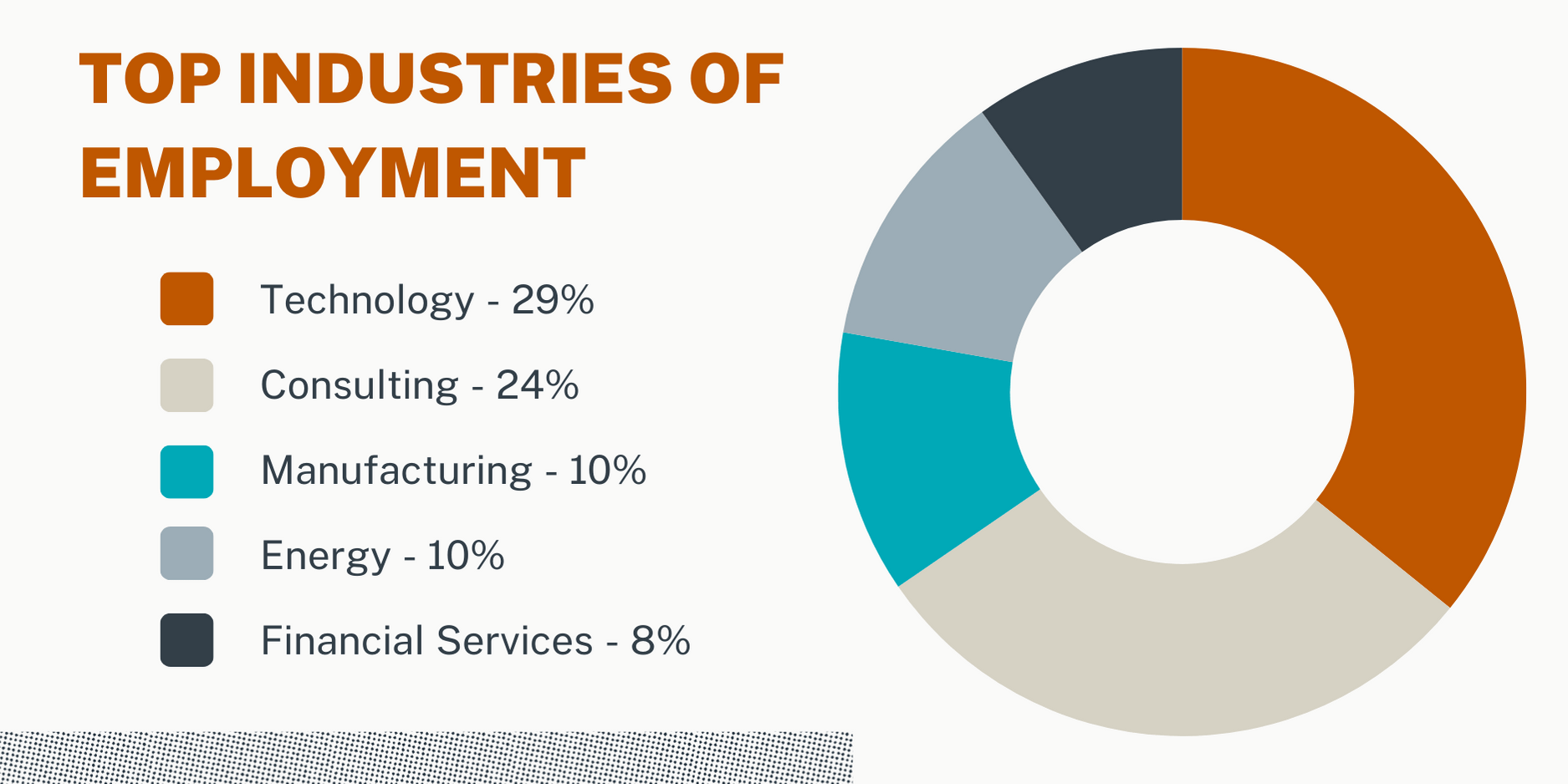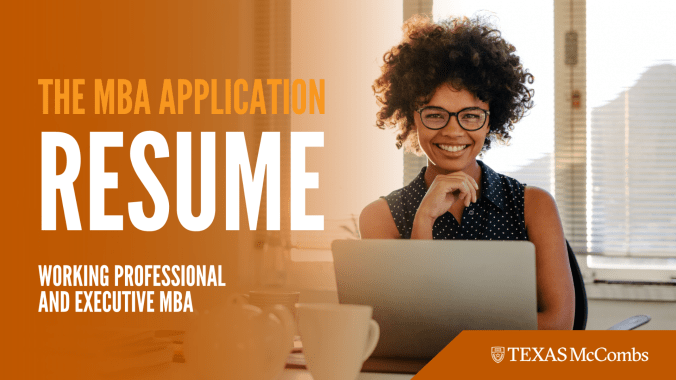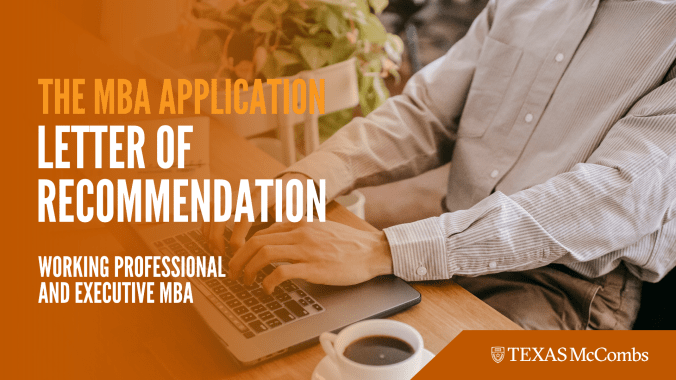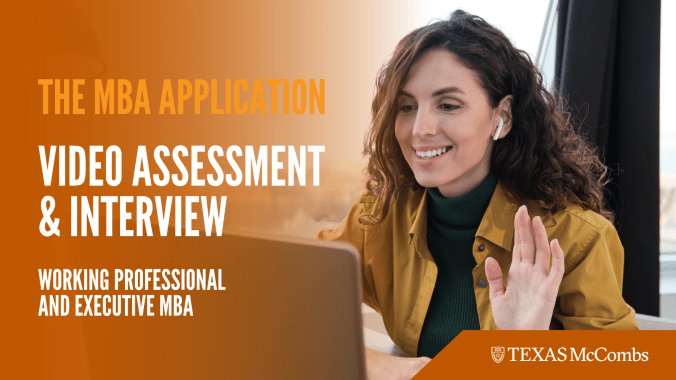This post is written by Noah Graham.
The pursuit of higher education can often present a challenge when balancing work, life, and school. However, for working professionals seeking to advance their careers, the Texas McCombs Working Professional programs provide students the opportunity to elevate their expertise while maintaining momentum in their careers.
Marion Krueger is an ambitious entrepreneur enhancing her career through the Texas McCombs Evening MBA program. Marion, or “MK,” is in the early stages of founding a new beverage company in Austin–Early Bird Hard Lemonade, a bold venture in the beverage industry.

MK chose to seek a part-time program primarily because of the flexibility of the program. She had about five years of work experience when she realized she wanted to pursue her MBA to gain leadership skills and grow in her career.
“Being five years out of college when I started the program, I found myself at an important developmental point in my career, and I didn’t want to take two full years off and sacrifice the professional growth that could have been achieved in that time. A part-time program allows students to simultaneously advance our careers while furthering our education, setting us up for even greater success after graduating.”
Marion describes her schedule as a weekly game of Tetris as she juggles her time between the Evening MBA program, her company, her life outside of work and school, and herself. She leans on her husband, a first-year law student at the University of Texas, for support. As grad students, they not only attend football games together but can empathize with each other’s experiences and provide valuable encouragement.
At McCombs, MK also found a close-knit support system through her study group and overall cohort. When the program starts students are placed into study groups, each of whom brings different backgrounds and strengths to the group. This collaborative environment enhances the learning experience and expands personal and professional networks.
“My favorite thing about the study groups is the ability to get to know a small group of classmates very well. I made two of my closest friends in the program through my first study group and then after about six months, we switched to new groups of four or five. I have been so impressed by the diversity of my classmates’ strengths and skillsets, as well as the extent to which we can lean on and trust one another for support.”
Despite the whirlwind of commitments, Marion is also involved with numerous organizations on campus including – Graduate Women in Business, McCombs Ambassador Committee, CleanTech Group, Graduate Marketing Network, and plays in the UT intermural pickleball league.
“I heard one of my classmates articulate this best, and it really stuck with me. Everyone is juggling a lot of commitments at the same time, whether it’s work, school, family, volunteering, personal wellness, or a number of other things, but when you’re spending time on something, give that activity, whatever it may be, 100%.”
MK emphasizes the importance of being present and focused while managing different responsibilities.
“If you’re in class, be paying attention – don’t be simultaneously trying to answer work emails, shop for someone’s wedding gift, or be on social media. If you’re spending time with friends, don’t constantly feel bad that you’re not studying or doing homework.
Balancing work, school, and life in general is not an easy feat, but this mindset of giving 100% of your mental energy to the task at hand has really helped me use my time more effectively and be happier as a result.”
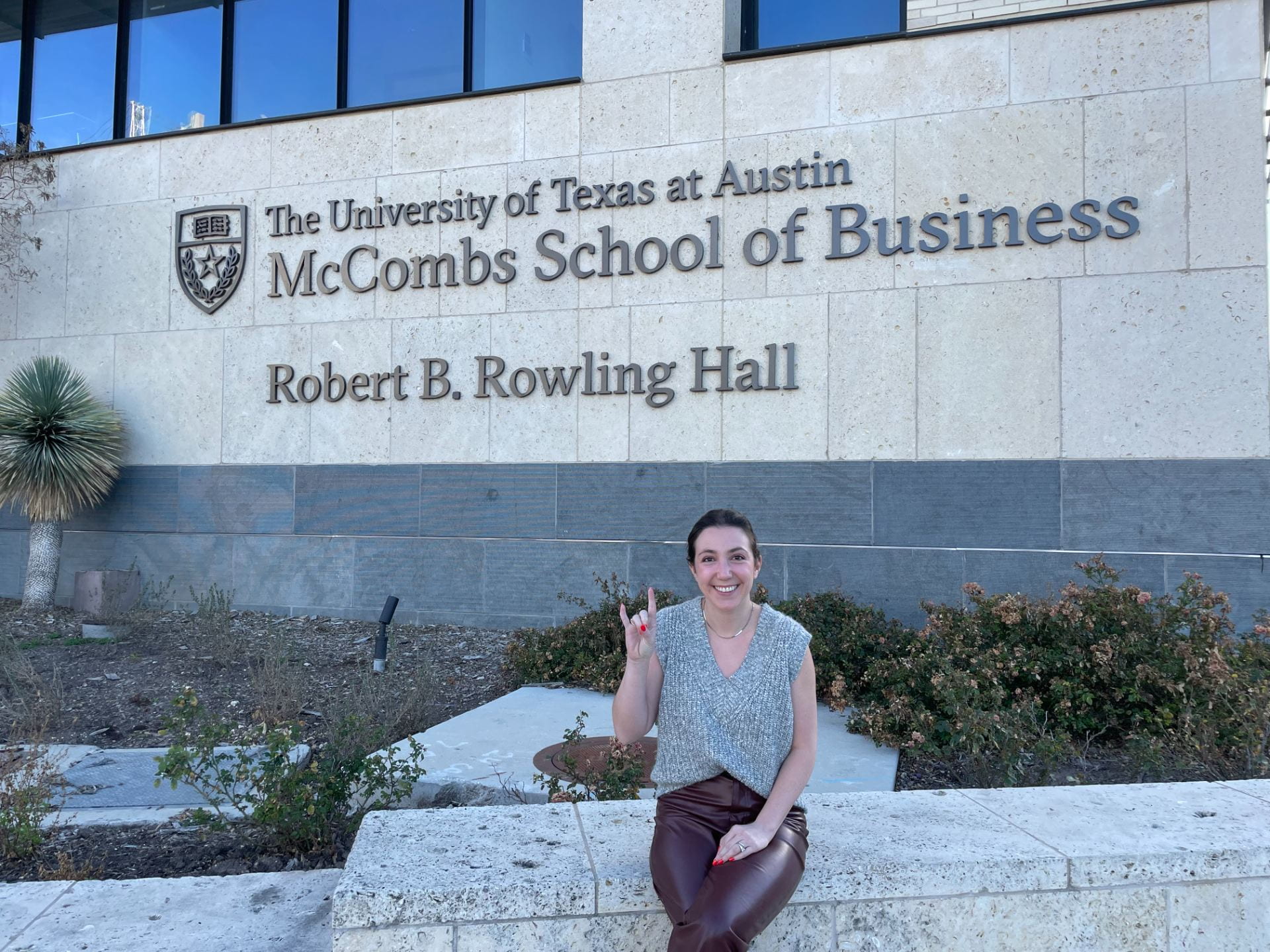
Marion said the best thing about the Evening MBA program is being able to integrate learnings from the classroom into the workplace. She has the opportunity to explore new fields as well as a deeper dive into familiar ones.
“My favorite class so far has been Marketing Management. In part, because my pre-MBA background was in marketing, so I already had an interest in the subject. I also really enjoyed the way our professor juxtaposed quantitative and qualitative approaches to marketing topics.
For example, we discussed the concept of customer lifetime value, explored it in a case study, and learned how to calculate it mathematically. This resulted in a very well-rounded understanding of marketing fundamentals.”
To anyone who is thinking about applying to Texas McCombs, MK’s advice to any applicant is – “Don’t wait!”
Life has a funny way of throwing wrenches in people’s plans – sometimes for the worse and sometimes for the better. You’re likely thinking about applying or have already applied. If you get the chance to begin pursuing your MBA, take it!”
Visit Texas McCombs MBA to learn more about our programs and upcoming events or take a peek into student life on Instagram. For any inquiries, don’t hesitate to reach out to the MBA Admissions Team. We look forward to connecting with you on your journey to success.
Hook ‘Em!


